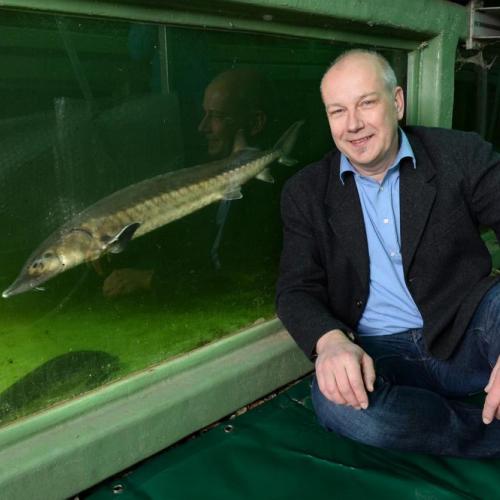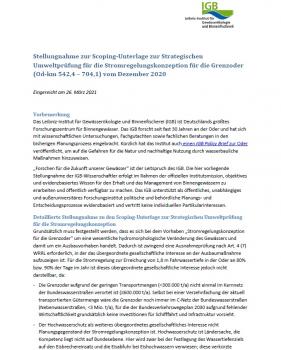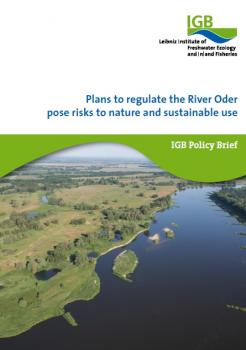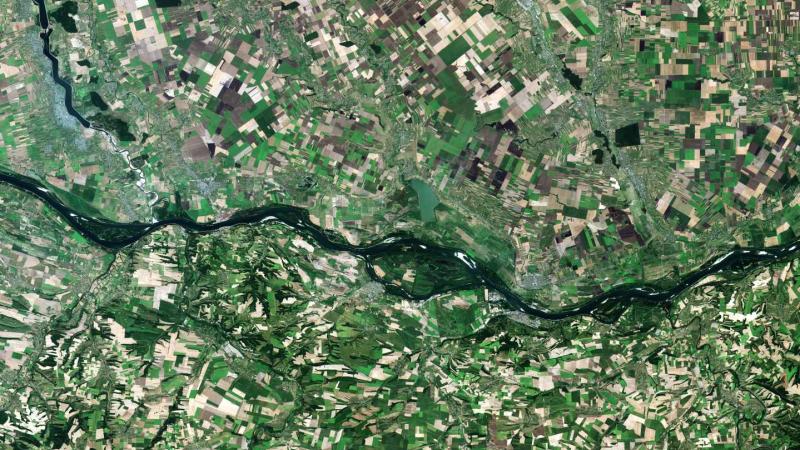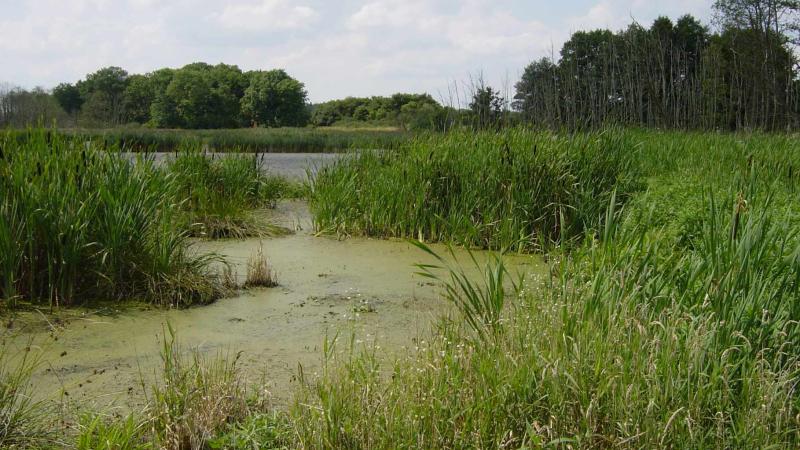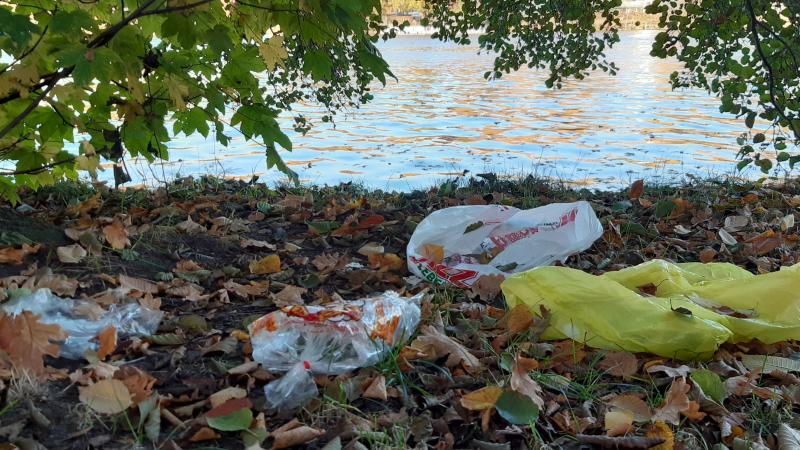
Diversely structured floodplain and riverbank sections on the River Oder near Reitwein in June 2009. In the meantime, however, a parallel structure has been built in the river to deepen the navigation channel. This measure has already resulted in the loss of very valuable habitats. | Photo: Harald Schulz
The researchers analysed the submitted scoping document from a scientific perspective. In summary, they conclude that neither the project purpose nor the project description clearly emerge from the scoping document. It does not have the technically necessary and objective breadth of analysis, but operates on the basis of preferred assumptions, what influences the result. Also missing is the document with the concretely planned current control concept, which is indispensable for recognising the extent of intervention. The presentation of the project impacts is correspondingly inadequate.
Without providing a complete presentation of the environmental impacts, the scoping document already contains a comprehensive stratification of impact factors, impact areas and objects of protection down to the project level in this preliminary phase, where overall impacts can no longer be measured. In the opinion of the researchers, this proposed early stratification is definitely not sufficient for the assessment of ecological as well as hydrological impacts with regard to professional good practice and should therefore be rejected. They scientists explain that different stressors can negatively reinforce each other and that all hydromorphological changes and their effects must be recorded at the level of the strategic environmental assessment in the sense of a cumulative consideration in order to be able to meaningfully and comprehensively assess their medium- and long-term effects.
IGB makes the submitted statement available to the interested public.
Already in December 2020, the researchers published an IGB Policy Brief to raise awareness for the dangers to nature and sustainable use posed by the development plans on the Oder River.


